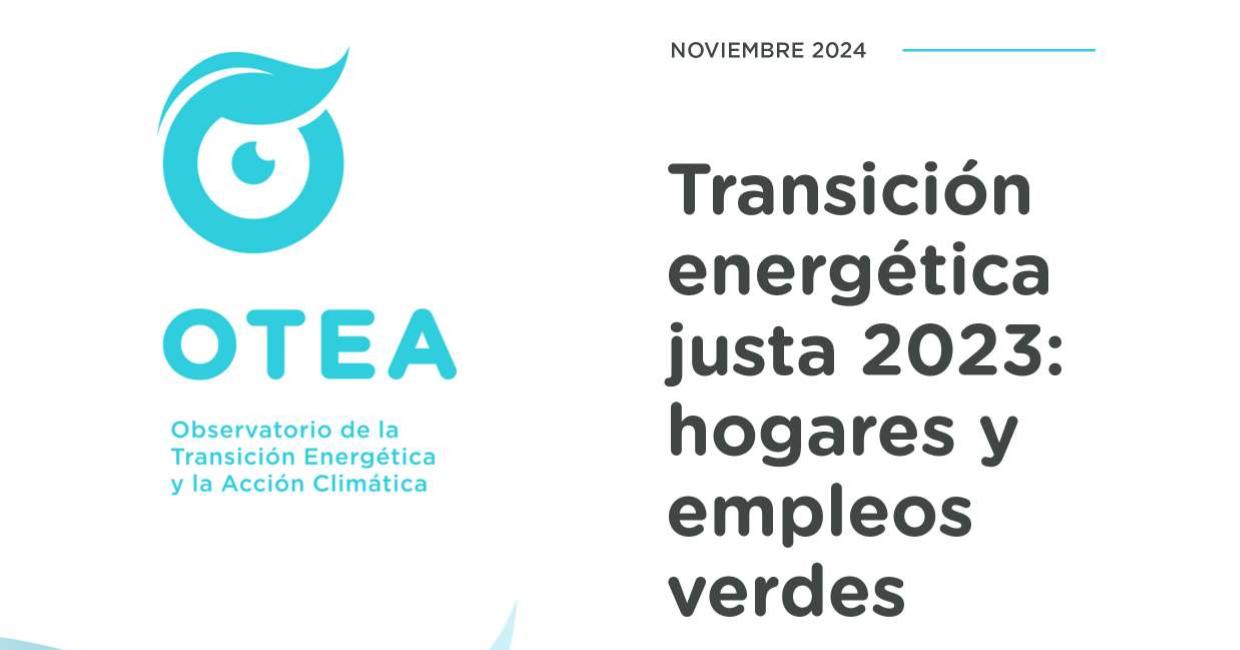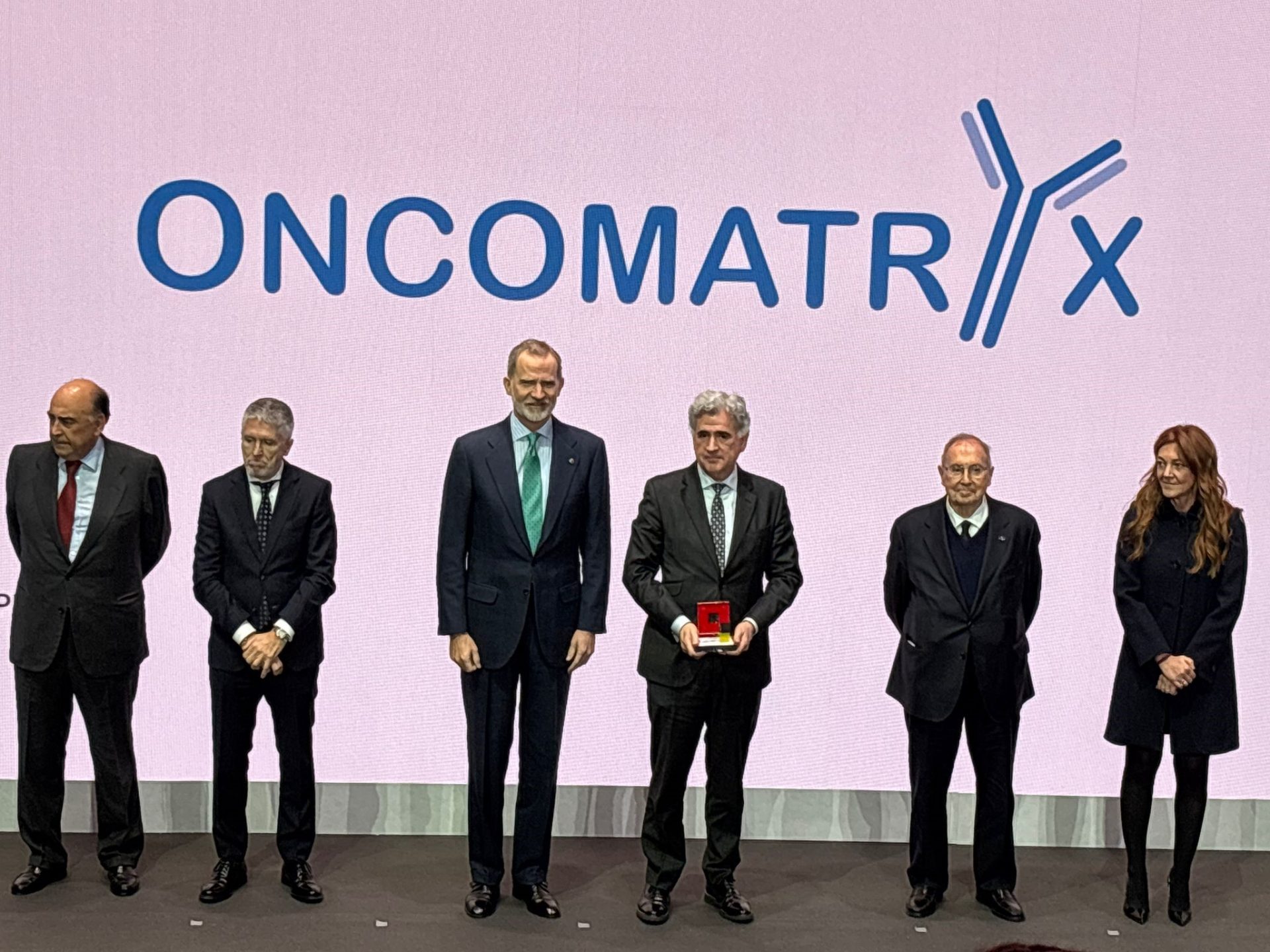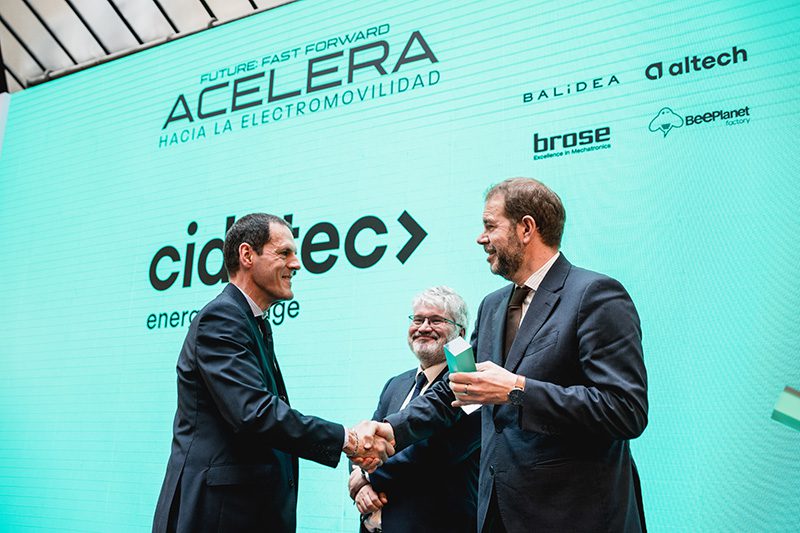OTEA and BC3 Report on the Just Energy Transition in Spain in 2023

A new report presented by Observatorio de la Transición Energética y la Acción Climática (OTEA) and BC3 – Basque Centre for Climate Change provides a comprehensive analysis on the progress and challenges of the Just Energy Transition in Spain.
The study focuses on two key areas: i) the evolution of energy bills and household energy poverty, and ii) the growth of green jobs. The results highlight both substantial progress and urgent challenges that require immediate policy action.
The key points of the report are as follows:
- Reduction of the average energy bill: In 2023, the average household energy bill fell by 9.8% year-on-year to €2,538, although still 5.4% above 2019 levels. The fall in fuel and electricity prices, together with the continuity of the social measures implemented during the energy crisis, are the main factors behind this decrease.
- The ‘energy burden’ is decreasing, but inequalities persist: Although the average energy burden decreased from 8.6% to 7.8% of total expenditure, the most vulnerable households continue to face a higher burden. The energy burden of households below the poverty line stands at 9.3%.
- Slight increase in severe fuel poverty: According to the LIHC (Low Income High Cost) indicator, 6.9% of households are in severe fuel poverty, a slight increase from 6.6% in 2022. Although energy prices have fallen and employment is growing, some vulnerable households have not seen significant improvements. Furthermore, it is noted that this indicator has been increasing since 2019, so that fuel poverty has risen from affecting 1.1 million people in 2019 to 1.3 million in 2023. This highlights the need to reinforce measures to reduce the cost of energy for vulnerable groups, such as the social bonus.
- Reduction of energy poverty in transport: In 2023, on the other hand, the LIHC indicator related to transport improved from 3.4% of households to 2.6%, thanks to lower fuel prices and public transport subsidies.
- Inequalities by gender and geographical location: Female-headed households and rural households continue to face higher rates of fuel poverty. These households have a higher energy burden, especially in terms of heating and fuels, due to less efficient housing and greater reliance on private transport.
- Green employment has increased by 25,000 jobs, and by 2022 it already stands at 530,978 jobs, mainly driven by the boom in renewable energies.
⇒ Click here to access the report
⇒ Click here to access the Policy Brief
The report highlights the urgent need to address energy poverty through concrete measures. It recommends accelerating the energy renovation of buildings, especially in vulnerable housing, improving financing and reducing bureaucracy. In addition, it proposes automating the Electricity and Thermal Social Bonus to facilitate its access to more households in vulnerable situations. In rural areas, it suggests promoting energy self-consumption and energy communities, supporting the installation of renewables and shared networks. It is also crucial to improve public transport and promote the use of electric vehicles, encouraging their adoption with economic support programmes. Finally, the EU’s Social Climate Plan, which will come into force in 2025, should be a key tool to access funds and support vulnerable households in adapting to the energy transition.




